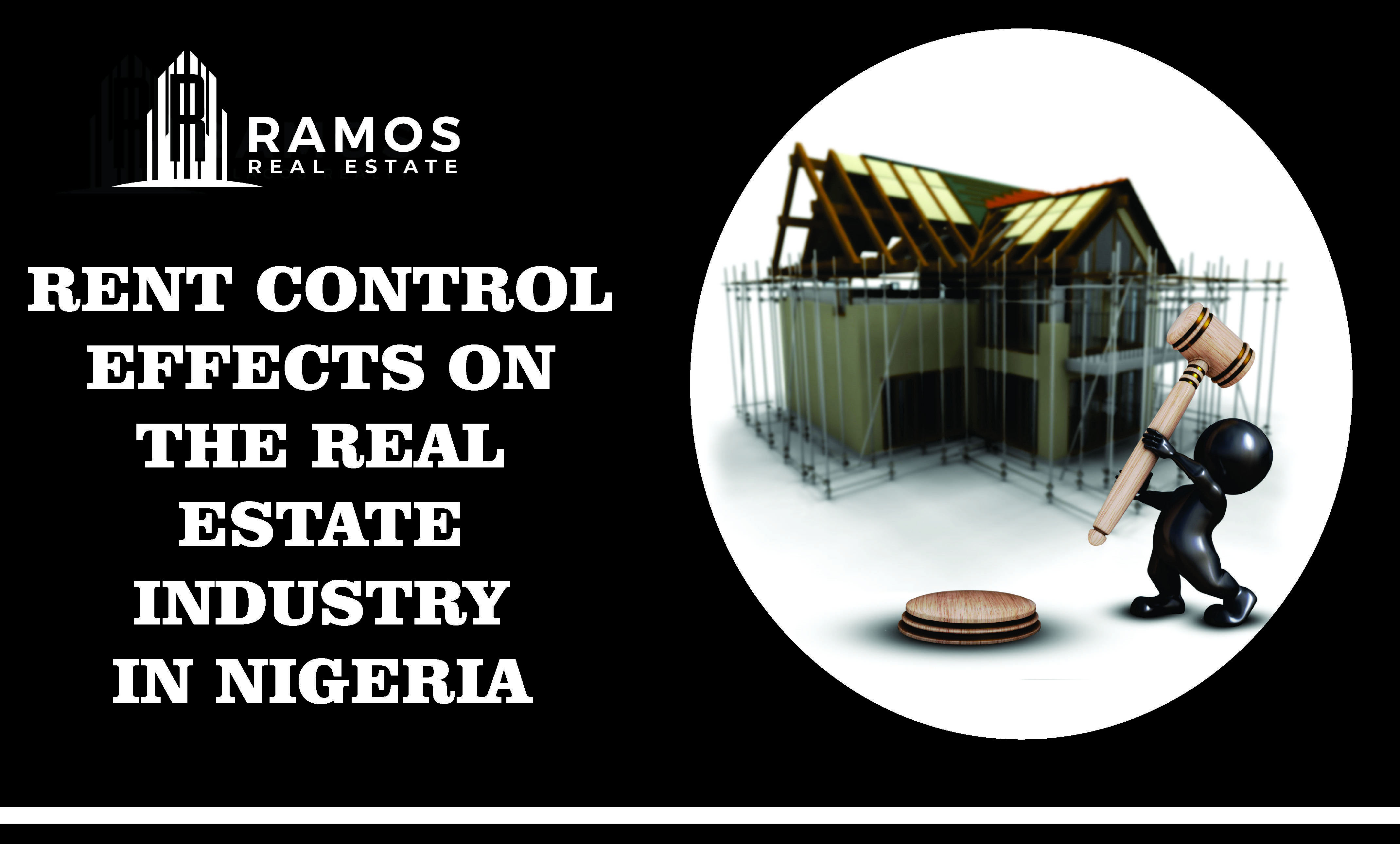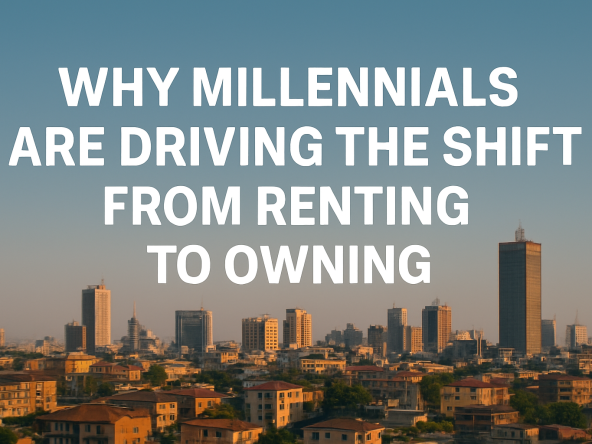In the bustling real estate market of Nigeria, the concept of rent control has been a topic of significant debate and discussion. Rent control, a governmental regulation aimed at stabilizing rental prices and protecting tenants from excessive rent hikes, has both advocates and critics within the industry. In this article, we delve into the effects of rent control on the real estate sector in Nigeria, with a focus on how it impacts players like Ramos Real Estate, a prominent real estate agency known for its diverse portfolio and professional services through Ramos Rent agents.
Impact of Rent Control on the Real Estate Industry
Rent control policies in Nigeria can have various implications for real estate players like Ramos Property and its agents. Let’s explore some of these effects:
- Stability vs. Investment: Rent control typically provides stability for tenants by limiting rent increases, ensuring housing affordability in the short term. However, from the perspective of property owners and investors represented by Ramos Real Estate, rent control may deter investment in new developments or maintenance of existing properties. The potential for lower returns on investment could impact the willingness of developers to engage in real estate projects, leading to a shortage of available rental units.
- Tenant Protection vs. Supply and Demand: Rent control aims to protect tenants from rent overcharging and eviction due to skyrocketing rents. This can be advantageous for renters represented by Ramos Rent agents, providing them with long-term security and stability in their housing. However, in the long run, rent control may distort the supply and demand dynamics of the real estate market. With limited incentives for property owners to invest in rental properties, there may be a decrease in the overall housing supply, exacerbating housing shortages and affordability issues.
- Maintenance and Quality of Housing: Rent control policies could potentially impact the maintenance and quality of rental properties managed by Ramos Real Estate. Without the ability to adjust rents in line with maintenance costs and property improvements, landlords may have fewer resources to invest in upkeep and renovations. This could result in a decline in the quality of housing stock over time, affecting the living conditions of tenants and overall neighborhood aesthetics.
- Innovation and Adaptation: Despite the challenges posed by rent control, real estate agencies like Ramos Real Estate may find opportunities for innovation and adaptation. By diversifying their services beyond traditional property management, such as offering consulting services, property development, or focusing on niche markets, they can mitigate the effects of rent control policies and maintain a competitive edge in the industry.
Conclusion
Rent control policies undoubtedly have a significant impact on the real estate industry in Nigeria, influencing the behavior of property owners, tenants, and real estate agencies like Ramos Property and its agents. While rent control aims to provide stability and affordability for tenants, it also presents challenges for property owners and investors in terms of profitability and investment incentives. Moving forward, striking a balance between tenant protections and incentivizing investment in the housing market will be crucial for fostering a sustainable and vibrant real estate sector in Nigeria.
Top of Form





